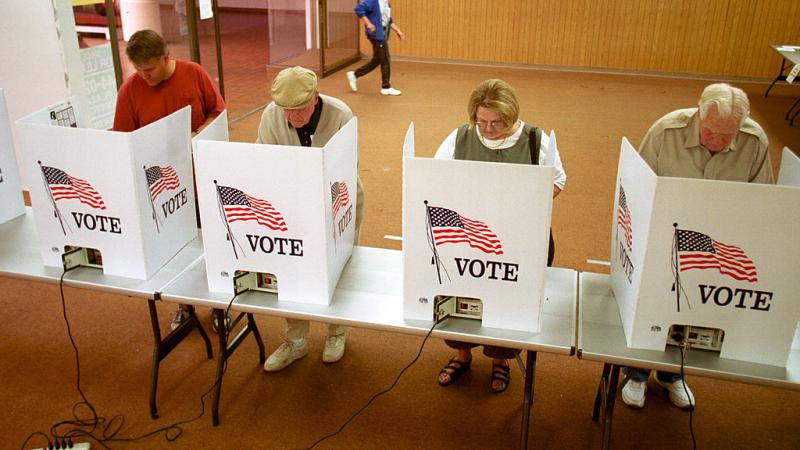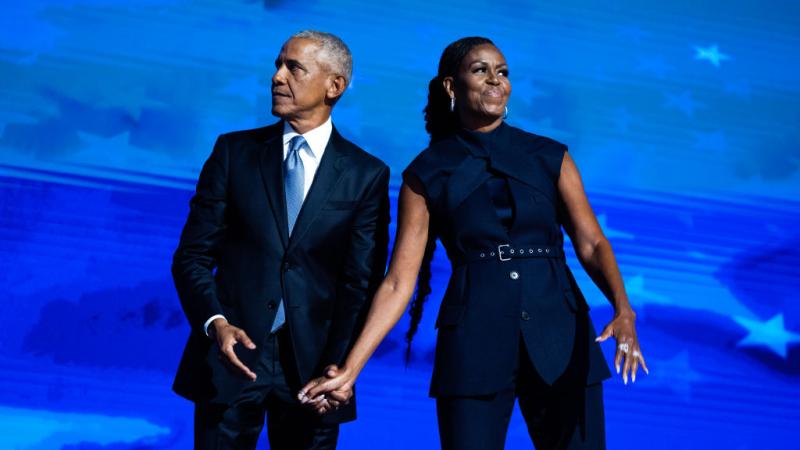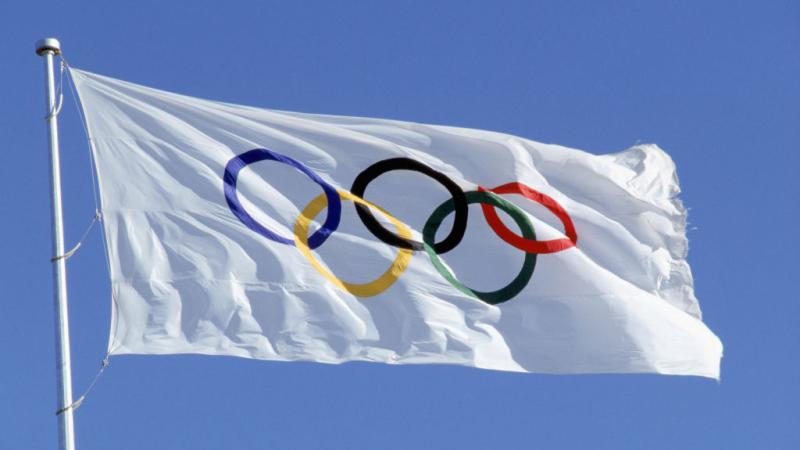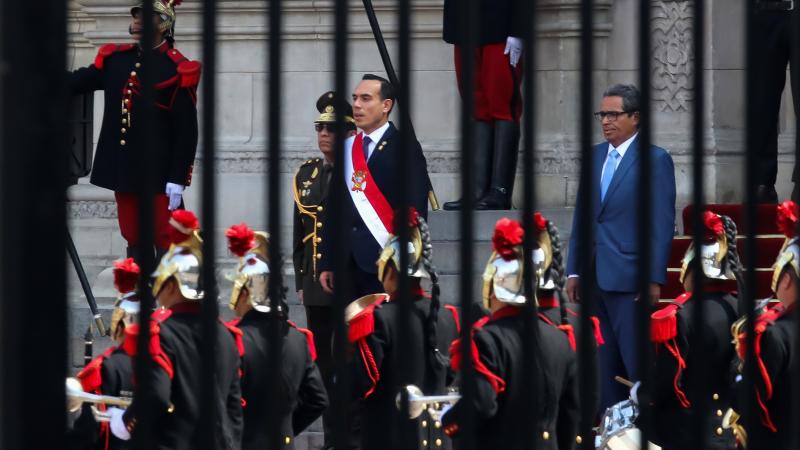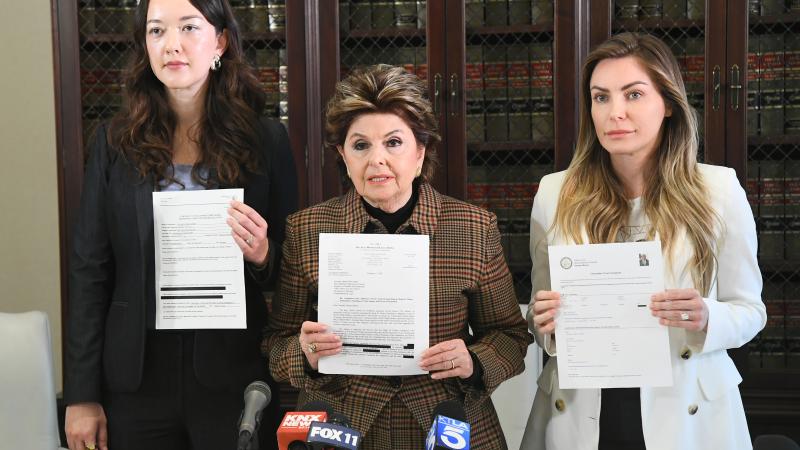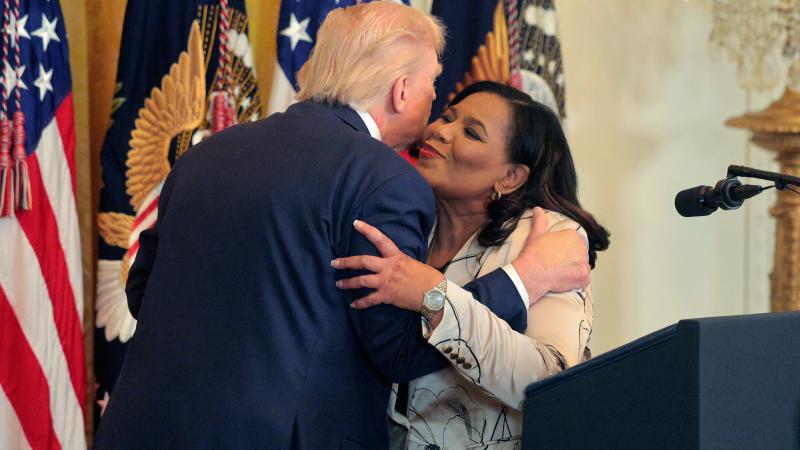Election integrity bolstered by federal appeals court ruling allowing voter citizenship checks
"Every voter registration should be accompanied by proof of citizenship," Jason Snead said.
As the liberal U.S. Court of Appeals for the 9th Circuit ruled in favor of an Arizona election integrity law, non-citizen voting is facing pushback in both Congress and the states, as citizenship proof and voter ID become more popular.
The Thursday ruling by the court in favor of a law with restrictions on voters who don’t provide proof of U.S. citizenship follows the House of Representatives passing a bill that would also require documentation of a person's citizenship before registering to vote in federal elections. The positive momentum of election integrity measures follows states implementing laws requiring voter ID and prohibiting non-citizens from voting.
A three judge panel of the court ruled that Arizona residents must provide proof of U.S. citizenship to use the state voter registration form. The court is comprised of 16 judges appointed by Democratic presidents and 13 appointed by Republicans.
The court on Thursday granted a partial stay of the U.S. District Court of Arizona's ruling in May, now allowing part of the state's 2022 laws on federal-only voters to take effect, Votebeat reported.
The temporary stay requires residents who cannot provide proof of U.S. citizenship to use the federal voter registration form, rather than the state voter registration form.
The circuit court's stay will remain in place until September, when an appeals panel will hear the case.
A 2018 consent decree required election officials to accept state voter registration forms for residents who didn't provide proof of U.S. citizenship. The court's stay reverses that decree.
Roughly a dozen voting rights groups have challenged the 2022 laws regarding federal-only voters, claiming the state laws violate federal law and are discriminatory.
Jason Snead, executive director of Honest Elections Project Action, said in a statement released to Just the News on Friday regarding the decision, “Honest Elections Project Action praises the 9th U.S. Circuit [Court] of Appeals for allowing Arizona to enforce state law and reject voter registration forms if applicants fail to provide proof of citizenship.
“While this is a step in the right direction, it is far from enough; every voter registration should be accompanied by proof of citizenship, but left-wing groups are fighting hard to make it possible for noncitizens to vote by attacking commonsense safeguards in court,” Snead continued.
“That’s why the United States Senate should pass and the president should sign the SAVE Act. Left-wing groups have used the courts to twist federal law into a ban on requiring proof of citizenship to vote,” he added. “Until Congress fixes that problem, states will be prevented from doing all they can—and should—to make sure that only American citizens vote in American elections.”
The Safeguard American Voter Eligibility (SAVE) Act would amend the 1993 National Voter Registration Act to make states require documentation of a person's citizenship before registering to vote in federal elections and require states to remove non-citizens from their voter rolls.
While non-citizens are prohibited from voting in federal, state, and most local elections, California, Maryland, Vermont, and Washington, D.C., allow them to vote in local elections.
The Biden administration released a policy statement in opposition to the bill by the House of Representatives, saying, “The alleged justification for this bill is based on easily disproven falsehoods. Additionally, making a false claim of citizenship or unlawfully voting in an election is punishable by removal from the United States and a permanent bar to admission. States already have effective safeguards in place to verify voters’ eligibility and maintain the accuracy of voter rolls."
The SAVE Act was passed by the House last week in a 221-198 vote, with just five House Democrats voting in favor of the bill and only Democrats opposing it.
The bill has been sent to the Democrat-led Senate, which isn’t expected to pass it. The day after the bill’s passage, 23 Republican attorneys general sent a letter to the leadership in both the House and Senate, urging the upper chamber to pass the measure.
Alabama, Arizona, Colorado, Florida, Louisiana, North Dakota, and Ohio have all included language in their state constitutions that prohibits non-citizen voting.
Meanwhile, Iowa, Kentucky, Missouri, South Carolina, and Wisconsin all have ballot measures for voters to decide this year whether non-citizens should be prohibited from voting in state elections.
In April 2023, the Public Interest Legal Foundation (PILF) reported that Maricopa County, Ariz., records showed that since 2015, 222 foreign nationals were removed from the county’s voter rolls, with nine of them recorded as casting 12 ballots across four federal elections.
According to a February PILF report, since 2021, 186 registrants were removed from voter rolls Pima County, Ariz., for lack of U.S. citizenship. Of those, seven had cast ballots in two federal and local elections.
Along with prohibiting non-citizens from voting, voter ID is one of the most popular election integrity policies, and more states have recently implemented the measure.
According to a January Pew Research Center poll, 81% of U.S. adults said that they favor showing government-issued photo identification to vote.
The poll was conducted Jan. 16-21 among 5,140 adults. The margin of sampling error is plus or minus 1.7 percentage points.
Currently, according to an analysis by the Movement Advancement Project, 11 states require photo ID to vote and have additional steps that are required if the voter doesn’t have an ID and four states require non-photo ID and have additional steps that are required if the voter doesn’t have an ID.
There are also efforts in Maine and Nevada to have ballot initiatives in the November election that, if passed, would require voter ID in the states.
Over the past year, Georgia, Idaho, New Hampshire, North Carolina, and Ohio faced lawsuits by left-wing groups regarding their voter ID laws.
In Ohio, the Elias Law Group filed the case against county and state officials in January 2023 on behalf of the Northeast Ohio Coalition for the Homeless, Ohio Federation of Teachers, Ohio Alliance for Retired Americans, Union Veterans Council and Civic Influencers. The voter ID provision of the bill requires voters to present a photo ID they can obtain for free to vote in person.
This past January, the U.S. district court ruled in favor of the government officials, upholding the voter ID law.
In North Carolina, a 2018 state voter ID law is still being challenged in court by the North Carolina State Conference of the NAACP. Voters are required to present photo ID for this year’s and next year’s elections, unless the voter ID law is blocked by a federal court. The U.S. District Court in North Carolina held a bench trial on the case in May, and the parties are awaiting the judge's decision.
The Facts Inside Our Reporter's Notebook
Links
- 9th U.S. Circuit Court of Appeals has ruled
- appointed by Democratic presidents
- Votebeat reported
- Safeguard American Voter Eligibility (SAVE) Act
- prohibited from voting
- allow them to vote
- released a policy statement
- SAVE Act was passed
- sent a letter
- prohibits non-citizen voting
- (PILF) reported
- February PILF report
- Pew Research Center poll
- analysis by the Movement Advancement Project
- Maine
- Nevada
- faced lawsuits
- Elias Law Group filed
- ruled in favor
- awaiting a decision

